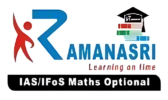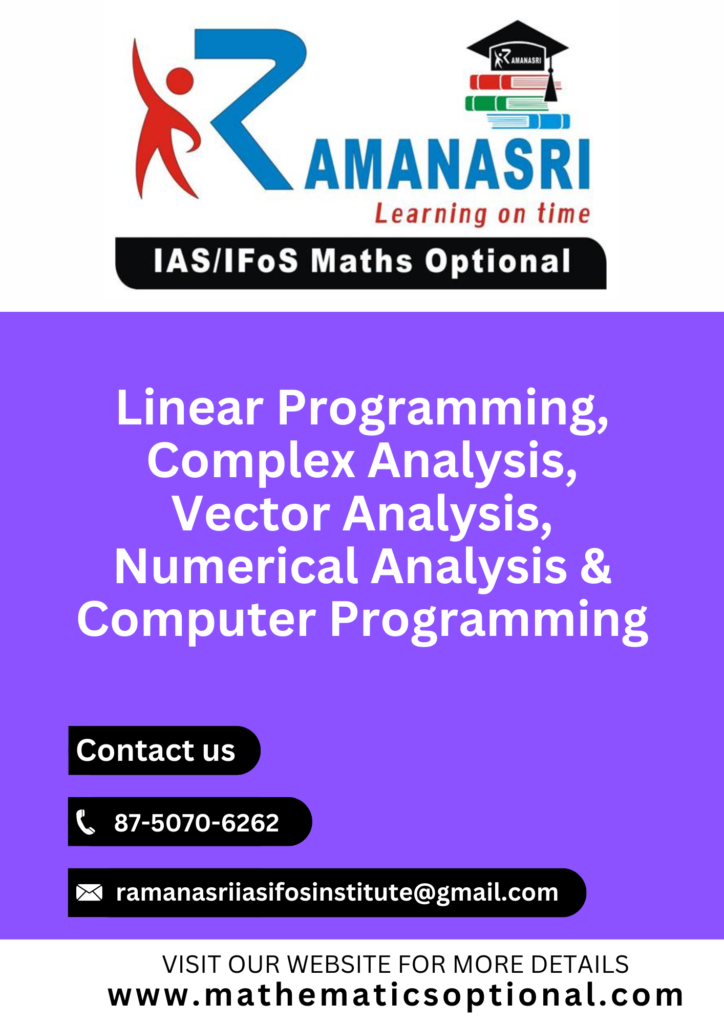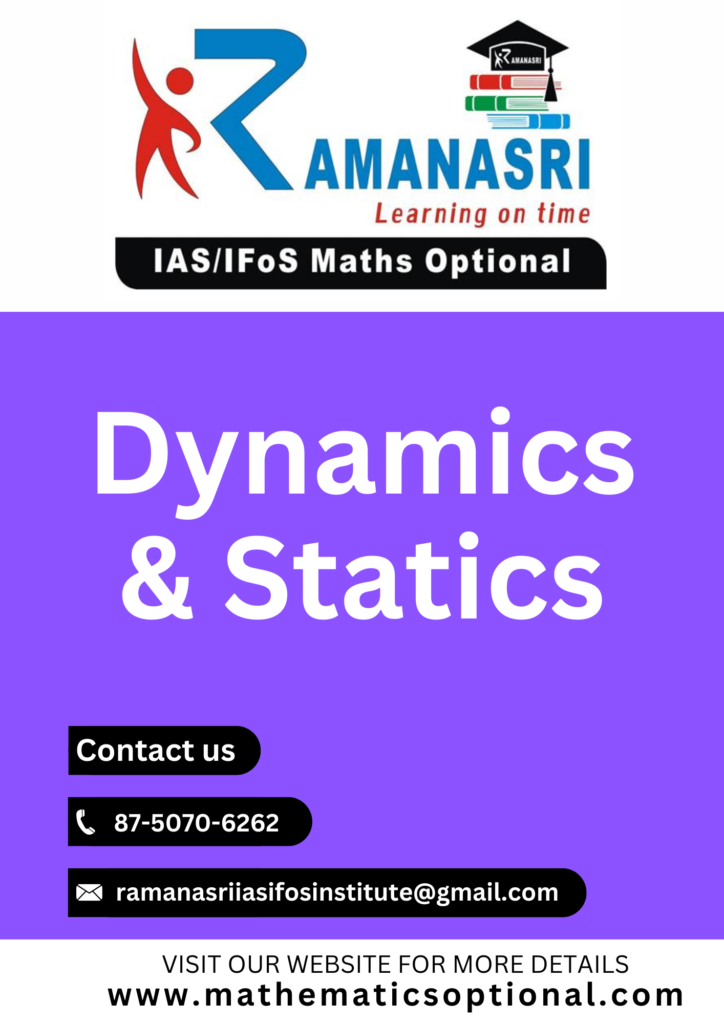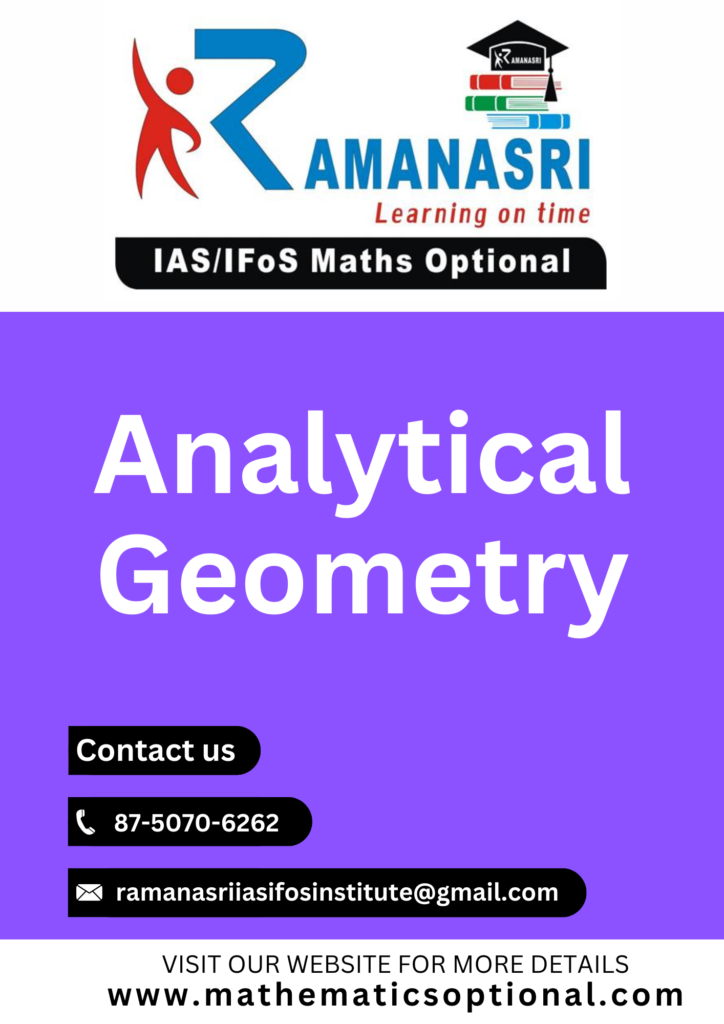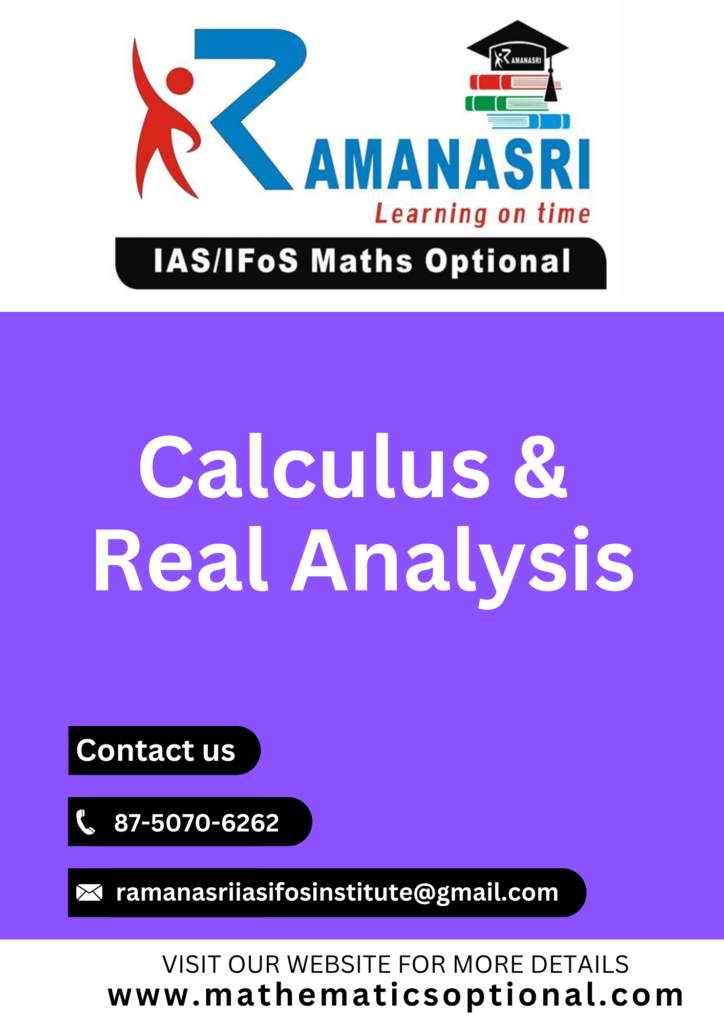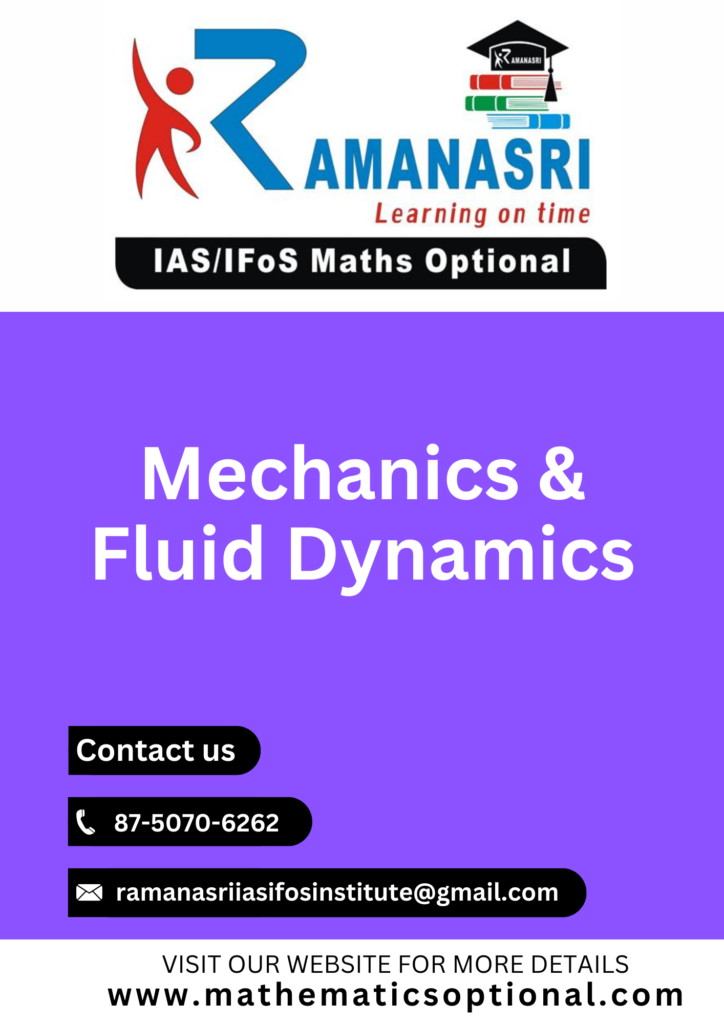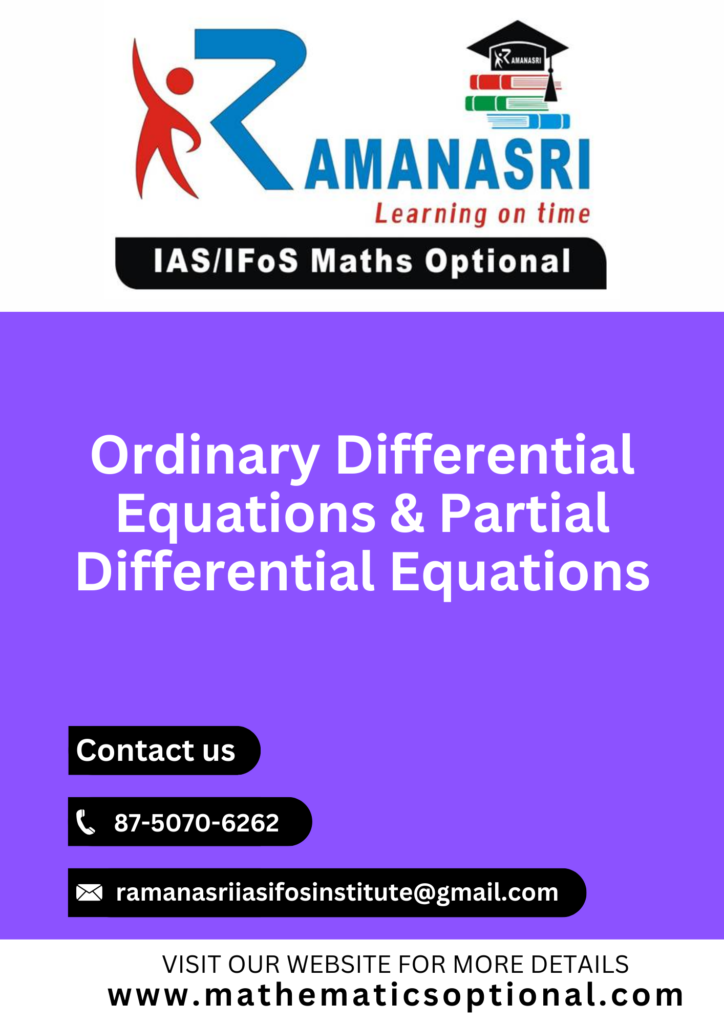UPSC Maths Optional Books, Sample Study Materials, Notes

UPSC Maths Optional Books, Sample Study Materials, Notes
Books for Maths Optional UPSC or UPSC Maths Optional Books, Sample Study Materials, Notes. Welcome to our collection of sample study materials! Whether you’re a student preparing for an exam or a lifelong learner looking to expand your knowledge, we have a wide range of resources to help you succeed. Test your knowledge and assess your progress with our practice tests. Our comprehensive study guides provide a clear and organized overview of the subject matter. Watch our video tutorials to gain a deeper understanding of complex concepts. Use our flashcards to memorize important facts and terms. Join our study communities to connect with others and enhance your learning experience. Start exploring our resources today and take your studying to the next level!
1. UPSC/IAS Maths Optional Books Practice Tests
Test your knowledge and assess your progress with our practice tests. We offer a variety of subjects and difficulty levels, so you can find the perfect test to challenge yourself. Use these tests to identify areas where you need improvement and focus your study efforts.
2. UPSC CSE-Civil Service Exams Maths Optional Books Study Guides
Our comprehensive study guides are designed to provide you with a clear and organized overview of the subject matter. Each guide covers key concepts, provides examples, and offers tips for effective studying. Whether you’re studying for a science exam or brushing up on your history knowledge, our study guides have got you covered.
3. UPSC Maths Optional Book | Books for Maths Optional UPSC Video Tutorials
Sometimes, visual learning can be more effective than reading textbooks. That’s why we offer a collection of video tutorials that explain complex concepts in a simple and engaging way. Watch these tutorials at your own pace and gain a deeper understanding of the subject matter.
4. Maths Optional Book for UPSC Flashcards
Looking for a fun and interactive way to memorize important facts and terms? Our flashcards are perfect for you! Use them to review vocabulary, formulas, historical dates, and more. You can even create your own personalized flashcards to focus on the areas that need the most attention.
5. UPSC/IAS/CSE-Civil Service Exams Maths Optional Books Study Communities
Learning is more enjoyable when you can connect with others who share your interests. Join our study communities to engage in discussions, ask questions, and share study tips. Connect with fellow learners from around the world and create a supportive network to enhance your learning experience.
With our sample study materials, you’ll have the tools you need to achieve your learning goals. Start exploring our resources today and take your studying to the next level!
Ramana Sri IAS provides all books for UPSC or UPSC maths optional book list like Linear Algebra including Matrices, Calculus, i.e., Differential Calculus & Integral Calculus, Differential Equations, i.e. both Ordinary Differential Equations, Partial Differential Equations or Ordinary and Partial Differential Equations , Vector Analysis, Complex Analysis, Linear Programming, Numerical Analysis and Computer Programming, Analytical Geometry or Analytical Solid Geometry or Analytical 3-D Geometry, Modern Algebra, Real Analysis, Dynamics and Statics, Mechanics and Fluid Dynamics.
Majority of UPSC toppers follow these important books for UPSC maths Optional. You can also follow Shanti Narayan Pk Mittal books, which are difficult to understand depending on the topper recommendations. We have all kinds of mathematics optional books for UPSC and study materials, solve problems of UPSC IAS maths optional papers. We have also all UPSC maths optional books PDFs or UPSC maths optional book PDFs. Please WhatsApp for us.
click on this link for the UPSC maths optional paper.
Please keep in mind that Mathematics, an optional subject, is a scoring subject among UPSC Optional subjects.
The Ultimate Guide to UPSC Mathematics Optional Books
Are you preparing for the UPSC examination and looking for the best mathematics optional books? Look no further! In this comprehensive guide, we will explore a wide range of UPSC mathematics optional books that will help you ace your exam.
Whether you are a beginner or an experienced candidate, these books will provide you with the knowledge and practice you need to excel in the mathematics optional paper.
1. “Mathematics Optional for UPSC” by XYZ Publications: This book is a popular choice among UPSC aspirants. It covers the entire syllabus in a comprehensive manner and provides detailed explanations of concepts. The book also includes numerous solved examples and practice questions to help you strengthen your understanding of the subject.
2. “Mastering Mathematics for UPSC” by ABC Publishers: If you are looking for a book that focuses on building a strong foundation in mathematics, then this is the one for you. It covers all the essential topics with clear explanations and offers a wide range of practice exercises. The book also includes previous years’ question papers to familiarize you with the exam pattern.
3. “UPSC Mathematics Optional: A Complete Guide” by PQR Publications: This book is designed to cater to the needs of both beginners and advanced learners. It starts with the basics and gradually progresses to more advanced topics. The book also includes tips and strategies to solve complex problems, making it a valuable resource for UPSC aspirants.
4. “Mathematics Optional Made Easy” by XYZ Publications: As the name suggests, this book simplifies complex mathematical concepts and makes them easy to understand. It provides step-by-step explanations and includes plenty of practice questions to reinforce your learning. The book also includes shortcuts and tricks to solve problems quickly, saving you valuable time during the exam.
5. “UPSC Mathematics Optional: Practice Papers” by ABC Publishers: Practice makes perfect, and this book is all about practice! It contains a collection of practice papers that simulate the actual UPSC examination. Solving these papers will not only help you gauge your preparation level but also improve your time management skills. The book also provides detailed explanations for each question, allowing you to identify and rectify your mistakes.
6. “Advanced Mathematics for UPSC” by PQR Publications: If you are looking for a book that delves deeper into advanced mathematical concepts, this is the one for you. It covers topics like calculus, linear algebra, differential equations, and more.
The book provides in-depth explanations and includes challenging practice questions to test your understanding. Remember, while these books are highly recommended, it is essential to choose the ones that align with your learning style and preferences.
Additionally, make sure to supplement your study material with standard reference books and previous years’ question papers. In conclusion, the right set of UPSC mathematics optional books can make a significant difference in your preparation. Choose wisely, study diligently, and success will be within your reach. Good luck! for showing more interest on UPSC Maths Optional Books PDFs.
The Ultimate Guide to UPSC Maths Optional Books
Introduction to UPSC Maths Optional
The Union Public Service Commission (UPSC) Civil Services Examination (CSE) is one of the most prestigious and competitive examinations in India. Among the diverse range of subjects offered, Mathematics is chosen by many aspirants as their optional subject. This choice reflects not only the subject’s inherent logical and analytical framework but also the insight it provides in problem-solving scenarios, which can be advantageous in various phases of the examination. Although it is often perceived as a challenging domain, Mathematics holds substantial significance in the UPSC CSE syllabus, making it a vital component for those who choose this path.
The UPSC Maths Optional syllabus is structured into two papers, each comprising different topics aimed at testing the candidates’ understanding and application of mathematical concepts. Key areas included in this syllabus are algebra, calculus, linear programming, and differential equations, among others. The weightage of Mathematics in the overall examination is noteworthy, as it can significantly influence the final score that determines eligibility for interview selection. Furthermore, the dual-paper structure permits candidates to demonstrate their comprehensive knowledge and ability to solve complex mathematical problems efficiently.
Importance of Selecting the Right Books
Selecting the appropriate books for the UPSC Maths optional is a fundamental step in the preparation process. The right study materials not only provide clarity of concepts but also serve as a reliable resource to strengthen one’s mathematical skills. Given the vast syllabus and the competitive nature of the UPSC examination, candidates must ensure that they are well-equipped with high-quality preparation resources.
One essential factor to consider when choosing your study materials is the clarity of concepts presented in the books. Mathematics is often perceived as a challenging subject, and having clear explanations can significantly aid in the comprehension of complex topics. Books that break down intricate mathematical methodologies into understandable segments can enhance learning and retention of the material.
Additionally, a good collection of practice problems is crucial. Regular practice is vital in mathematics, as it sharpens problem-solving skills and builds confidence. Therefore, choosing books that include ample solved and unsolved problems is advisable. The inclusion of varied and challenging problems helps candidates prepare for the diverse types of questions that can arise in the examination.
The credibility of the authors should also be a consideration when selecting UPSC Maths optional books. Established authors or renowned educators typically have a robust understanding of the subject and can provide invaluable insights through their works. Candidates should seek out books authored by individuals with a proven track record in teaching or publishing mathematics at advanced levels.
Ultimately, the right books can significantly affect a candidate’s chances of success. They can make the journey through UPSC preparation smoother, more focused, and effective, allowing aspirants to approach their studies with confidence and clarity.
Best Books for UPSC Maths Optional: Overview
When preparing for the UPSC civil services examination, selecting the right study materials plays a crucial role in a candidate’s success, especially in the Mathematics optional subject. The following list outlines some of the most recommended books that have proven beneficial for aspirants, each chosen for its clarity, depth, and comprehensive coverage of key concepts in mathematics.
One of the top contenders is “Higher Algebra” by Hall and Knight, which serves as an essential resource for grasping the intricacies of algebra. This book not only covers standard topics such as equations and inequalities but also delves into advanced concepts, making it a go-to reference for complete comprehension. Its problem sets are particularly well-structured, aiding candidates in their exam preparation.
Another notable mention is “Mathematical Analysis” by Tom Apostol. This text is highly recommended for its rigorous approach to analysis and provides a solid foundation for understanding real and complex analysis—critical areas of the UPSC syllabus. Its well-crafted exercises facilitate logical reasoning and analytical skills, pivotal for success in the examinations.
“Linear Algebra and Its Applications” by Gilbert Strang is also essential for students aiming for a thorough understanding of linear algebra concepts. The textbook explains theoretical aspects concisely while offering practical applications, making it easier for candidates to connect theory with real-world scenarios.
Lastly, “Objective Mathematics” by R.D. Sharma is beneficial for its exhaustive collection of problems and examination patterns. This book is particularly effective for practicing and refining problem-solving skills through numerous example questions and solutions.
By incorporating these highly regarded books into their study plan, aspirants can build a solid mathematical foundation, ensuring a comprehensive understanding of the UPSC Maths optional subject. Prioritizing these resources can greatly enhance candidates’ confidence and competence in the examination.
Algebra
Algebra is a fundamental aspect of the UPSC Maths syllabus, covering essential concepts that form the basis for more complex problem-solving. A highly recommended book for this subject is “Higher Algebra” by Hall and Knight. This book is well-structured and provides comprehensive coverage of algebraic expressions, equations, and inequalities, making it an essential resource for both beginners and advanced learners. Another notable title is “Algebra” by I.A. Maron, which contains a plethora of solved and unsolved problems that aid in mastering the subject efficiently.
Calculus
Calculus plays a crucial role in various applications within the UPSC examinations. A definitive resource is “Calculus” by Tom M. Apostol, which offers a rigorous treatment of differential and integral calculus. This book not only covers the fundamental principles but also emphasizes theoretical concepts that underpin calculus. Another recommended book is “Problems in Calculus of One Variable” by I.A. Maron. This title is known for its variety of problems, enhancing problem-solving skills that are vital for success in UPSC exams.
Geometry
Geometry is another integral part of the UPSC Maths syllabus, requiring a solid grasp of shapes, sizes, and the relative position of figures. “Geometry” by Richard Rusczyk is an excellent choice, focusing on problem-solving techniques and concepts presented in an engaging manner. This book is valuable for enhancing spatial reasoning and understanding geometric proofs. Additionally, “Coordinate Geometry” by S.L. Loney can be beneficial, as it covers both plane and space geometry, providing thorough explanations accompanied by numerous examples.
Statistics
Statistics is essential for interpreting data and assessing its implications in various contexts. An excellent starter book is “Statistics” by M.G. Kendall, which lays the groundwork for statistical theory and applications. For a practical approach, “Statistics” by R.S. Bhardwaj is highly recommended, containing a wealth of solved problems that help bolster the learner’s analytical skills. Both books serve to reinforce critical concepts and prepare aspirants for statistical questions in the UPSC examinations.
Previous Year Question Papers and Solved Books
Practicing previous year question papers is a pivotal component in preparing for the UPSC Maths optional examination. This approach not only familiarizes candidates with the exam pattern but also enhances their understanding of the critical topics that frequently appear on the test. By analyzing past papers, aspirants can identify the types of questions that are commonly asked and adjust their study strategies accordingly.
One of the most effective ways to integrate previous year papers into one’s study plan is to utilize solved books dedicated to these resources. These solved books present a curated collection of past questions along with detailed solutions, allowing candidates to review their work and understand any mistakes made. Some well-regarded titles include “UPSC Mathematics: Previous Year Solved Papers” and “Mathematics for UPSC: Comprehensive Solutions.” These books provide not only answers but also methodological approaches to solving complex problems, which is crucial for developing strong problem-solving skills.
Furthermore, tasking oneself with time-bound practice using these solved books can mirror the actual exam conditions, fostering better time management skills. Candidates should allocate specific time slots for practicing each paper, ensuring they attempt a mix of both easy and challenging questions. After completing a paper, it is beneficial to spend time reviewing solutions and understanding the reasoning behind each step taken in problem-solving. This reflective practice reinforces learning and helps solidify foundational concepts.
Additionally, collaborating with peers or joining study groups to discuss challenging questions from these past papers can provide diverse insights and enhance understanding. This collaborative learning may uncover different methods to approach problems, promoting a more rounded skill set. Ultimately, the strategic use of previous year question papers and dedicated solved books plays a critical role in exam readiness and overall success in the UPSC Maths optional subject.
Online Resources and PDFs for UPSC Maths Optional
The increasing accessibility of the internet has revolutionized the way candidates prepare for UPSC exams, especially for subjects like Mathematics, where resources can be both diverse and extensive. Numerous websites, platforms, and forums now offer a plethora of online resources tailored specifically for the UPSC Maths Optional syllabus. E-books and PDFs, in particular, are invaluable as they can easily be accessed from multiple devices, allowing flexibility in study patterns.
One of the notable websites is Scribd, which provides a wide array of e-books and scholarly articles relating to UPSC Maths. Users may need to subscribe or access a free trial to download materials; however, the depth and breadth of content available make it a worthy investment. Another option is the National Repository of Open Educational Resources (NROER), a platform that offers a multitude of educational resources in various formats, including PDFs. The materials are typically well-organized and cater to different topics in the Maths optional syllabus.
Additionally, websites like Study IQ and Unacademy frequently release comprehensive PDFs and guides for UPSC preparation, focusing specifically on Mathematics. These resources often break down complex concepts into simpler modules, encouraging efficient learning. Forums like Quora and dedicated Facebook groups allow candidates to share their own PDFs and resources, creating a collaborative learning environment.
Utilizing online materials for UPSC Maths preparation provides several advantages. Instant access means candidates can quickly find information on specific topics without the delays associated with obtaining physical books. Furthermore, many online resources are updated regularly, ensuring that the data remains relevant to the current exam patterns. Lastly, the interactive nature of digital materials often enhances comprehension and retention, providing a more engaging study experience.
Testimonials from Toppers: Their Recommended Books
As you embark on your journey to prepare for the UPSC exam with Maths as your optional subject, gaining insights from those who have successfully navigated this path can be immensely beneficial. Many toppers attribute their success not only to hard work and dedication but also to carefully selected resources that shaped their preparation. Through their experiences, we can identify several key texts that are frequently recommended by these successful candidates.
One common recommendation comes from Rohit Sharma, an IAS officer who marked his success in the UPSC exam with Maths as his chosen optional. He emphasized the importance of “Higher Algebra” by Hall and Knight, stating that it provided a strong conceptual foundation. In particular, he noted how the book’s comprehensive approach helped him tackle complex problems with enhanced clarity. Alongside this, he suggested “Calculus” by Thomas and Finney, which he found invaluable for honing his skills in calculus—an essential area in the Maths syllabus.
Another testimonial comes from Priya Gupta, who achieved an outstanding rank and attributed a portion of her success to “Objective Mathematics” by Rajesh Kumar. This book, she noted, is particularly useful for practice, providing a plethora of problems that not only aid in understanding but also improve speed and accuracy. She also recommended “Problems in General Physics” by I.E. Irodov, which, although primarily a physics text, offers mathematical methodologies that are beneficial for tackling UPSC problems.
In addition to these resources, a number of toppers mentioned the significance of regularly referring to past years’ UPSC papers. These papers give students a clear insight into the exam pattern and the types of questions that are often asked. By integrating these resources into their studies, aspirants can optimize their preparation strategies, enhancing their comfort with the syllabus and boosting their chances of success.
Tips for Effective Study Using These Books
Studying for the UPSC examination, particularly for the Maths Optional paper, requires a strategic approach to maximize efficiency and comprehension. Here are several practical tips to effectively utilize the recommended books during your preparation.
Firstly, it is essential to create a well-structured study plan. This plan should outline daily and weekly goals based on the syllabus and your comfort level with each topic. Allocate specific time slots for each subject and adhere to them strictly. This structure will not only ensure comprehensive coverage of all topics but also help in managing time effectively, allowing for focused study sessions without unnecessary distractions.
Next, when approaching complex concepts, adopt a methodical technique. Begin by reading the relevant sections in the recommended books thoroughly. Break down difficult concepts into simpler components, and utilize diagrams or charts where applicable. This visual representation can enhance understanding and retention of complex theories. Additionally, do not hesitate to revisit previously learned topics, as familiarity can ease the comprehension of interconnected concepts.
Balancing revision with practice is crucial. Allocate specific days or intervals for revision of topics you have previously covered. Use these revisited sessions not just to read, but to solve problems and previous years’ papers. This dual approach of revising and practicing will reinforce your understanding and prepare you for the actual exam scenarios.
Furthermore, take regular breaks to enhance productivity. It is scientifically proven that short breaks during study sessions can improve concentration and information retention. In these breaks, engage in light physical activity or relaxation techniques to refresh your mind.
Finally, stay consistent and motivated throughout your study journey. Follow your study plan, engage with peers for discussions, and use additional resources such as online lectures or forums if necessary. The integration of these strategies will not only make your study sessions more effective but will also empower your confidence in tackling the Maths Optional paper.
Conclusion: Making Your Book Choices
Choosing the right study materials is critical for success in the UPSC examination, especially for candidates opting for Maths as their optional subject. Throughout this guide, we have explored various books that cater to different aspects of the UPSC Maths syllabus. It is important to note that each student possesses unique strengths and weaknesses in mathematics. Therefore, selecting the most suitable resources tailored to individual needs becomes essential.
When assessing your strengths and weaknesses, consider conducting a self-evaluation of the fundamental concepts that you have mastered and those that require further attention. This assessment can help guide your decision-making process when it comes to choosing Maths optional books. For instance, if you find certain topics challenging, it may be beneficial to invest in books that provide comprehensive explanations, practice problems, and illustrative examples catered to those areas.
Furthermore, keep in mind that the effectiveness of study resources can vary depending on personal learning styles. While some candidates may prefer textbooks rich in theory, others might find practice-oriented guides more beneficial. Aligning your book choices with your learning preferences can enhance comprehension and retention of mathematical concepts. It is also advantageous to seek recommendations from peers or mentors who have successfully navigated the UPSC preparation journey.
In summary, the array of UPSC Maths optional books available can serve as invaluable tools in your preparation. However, a personalized approach guided by self-assessment will enable you to make informed choices. Prioritize meaningful study resources that resonate with your unique needs and strategically enhance your performance in the examination. With a tailored approach, you will be better equipped to tackle the challenges presented by the UPSC Maths syllabus.
